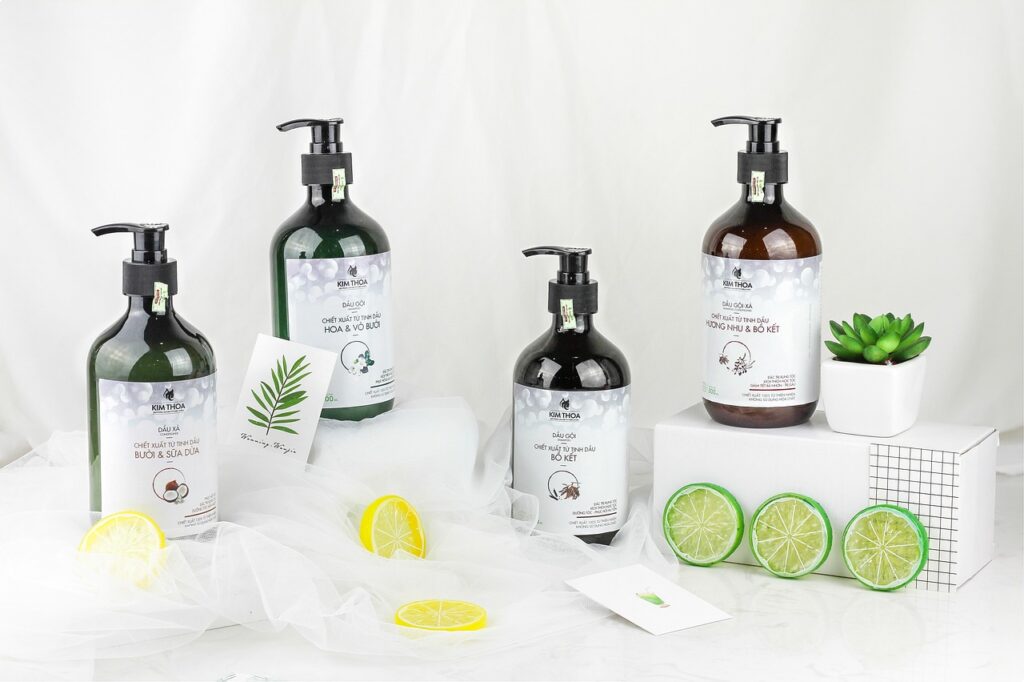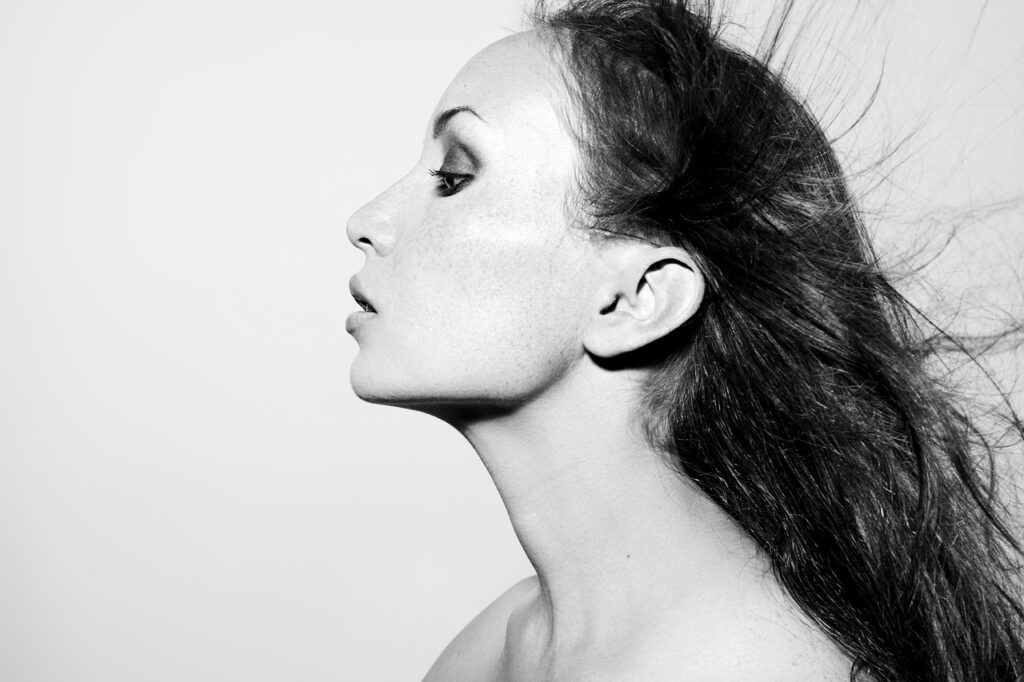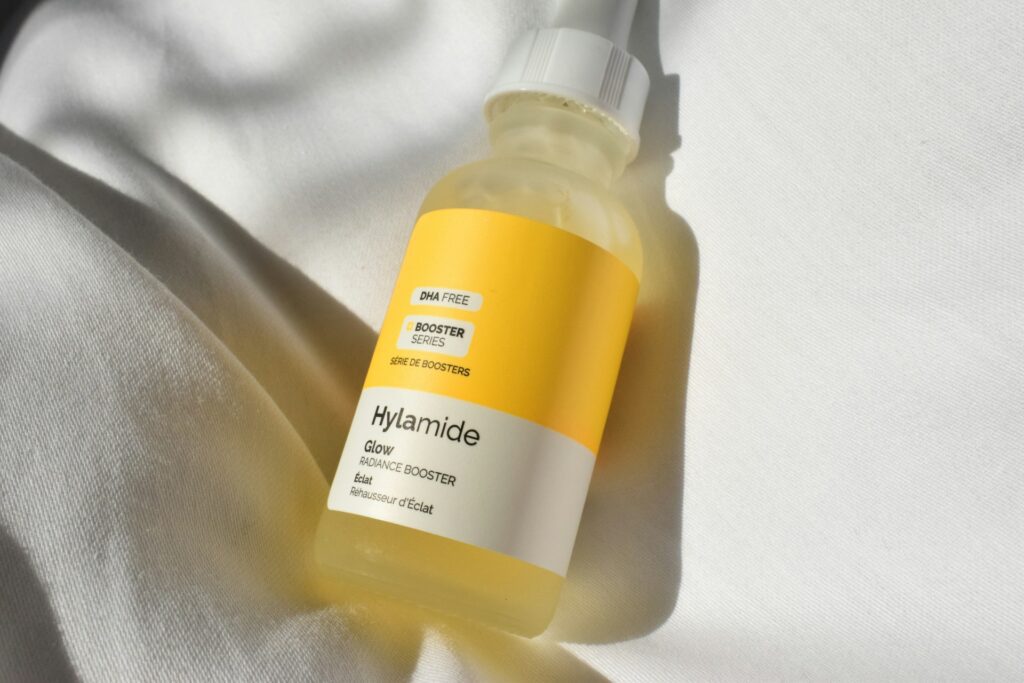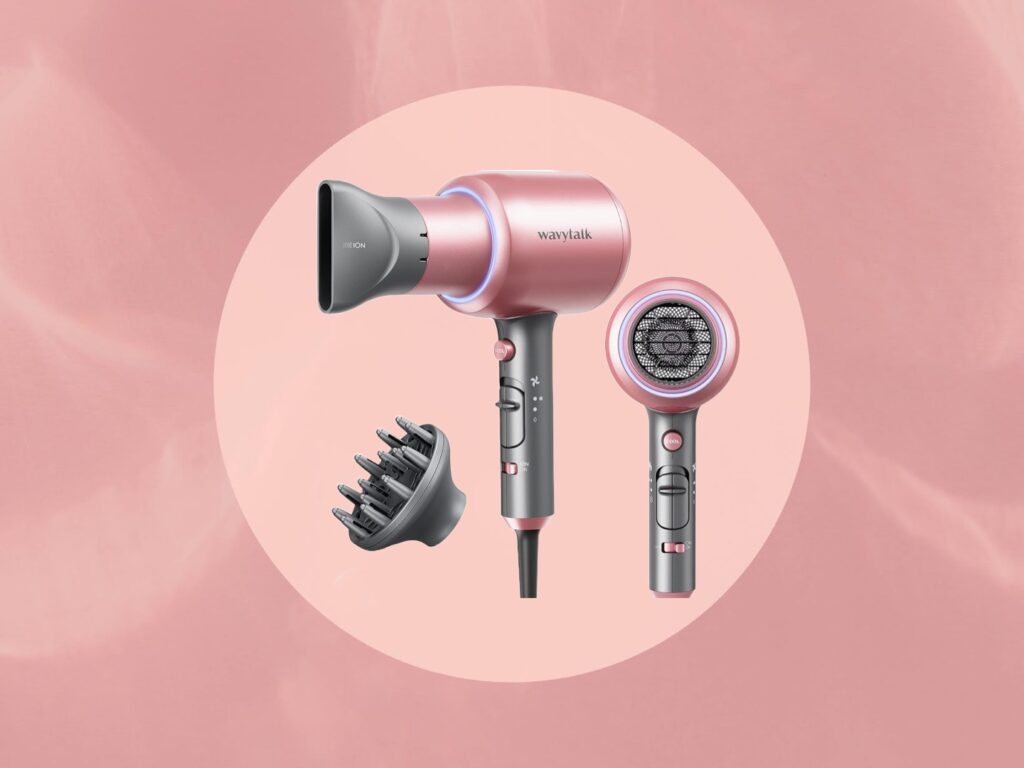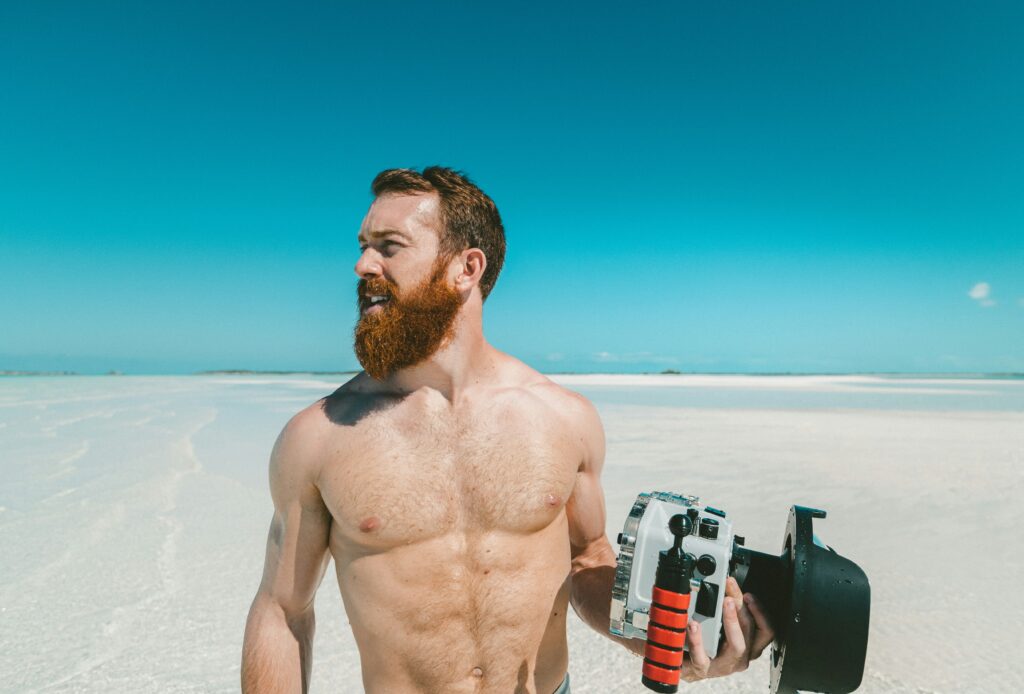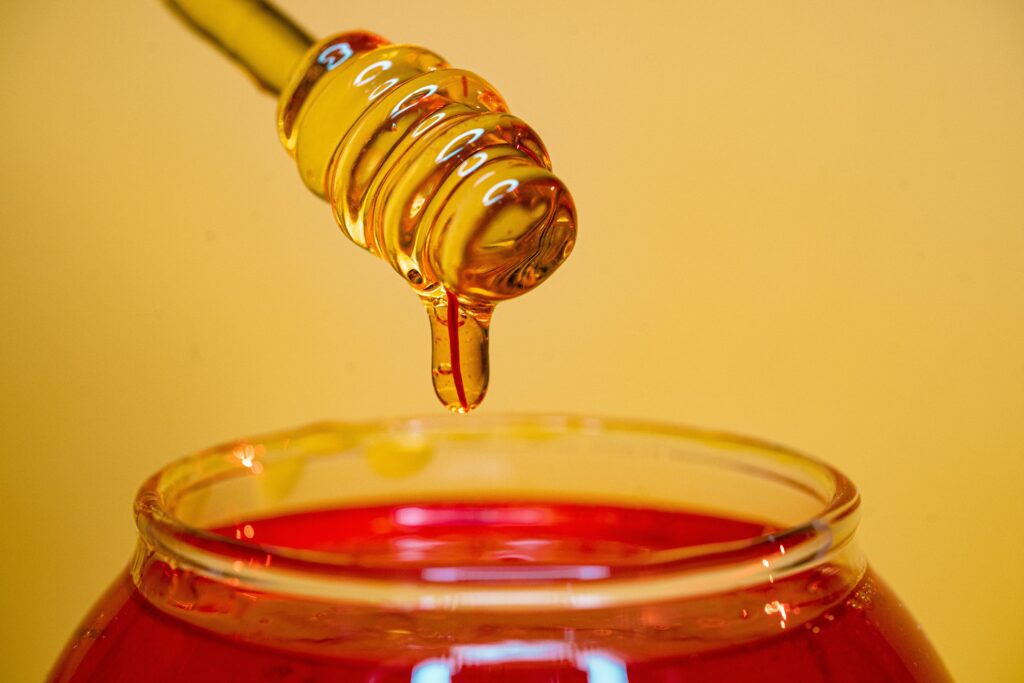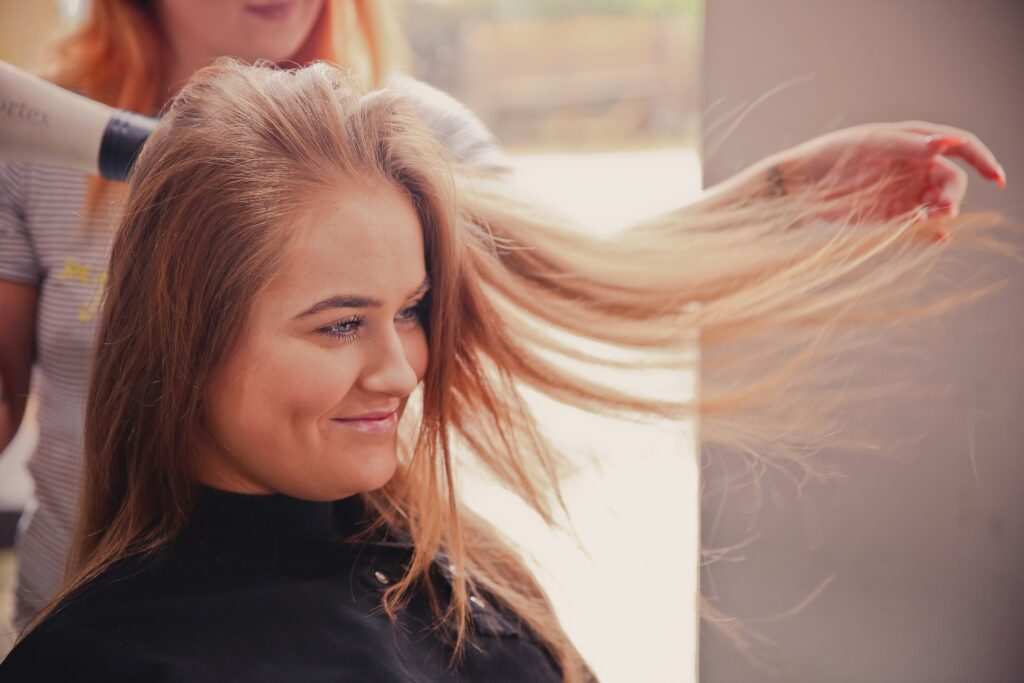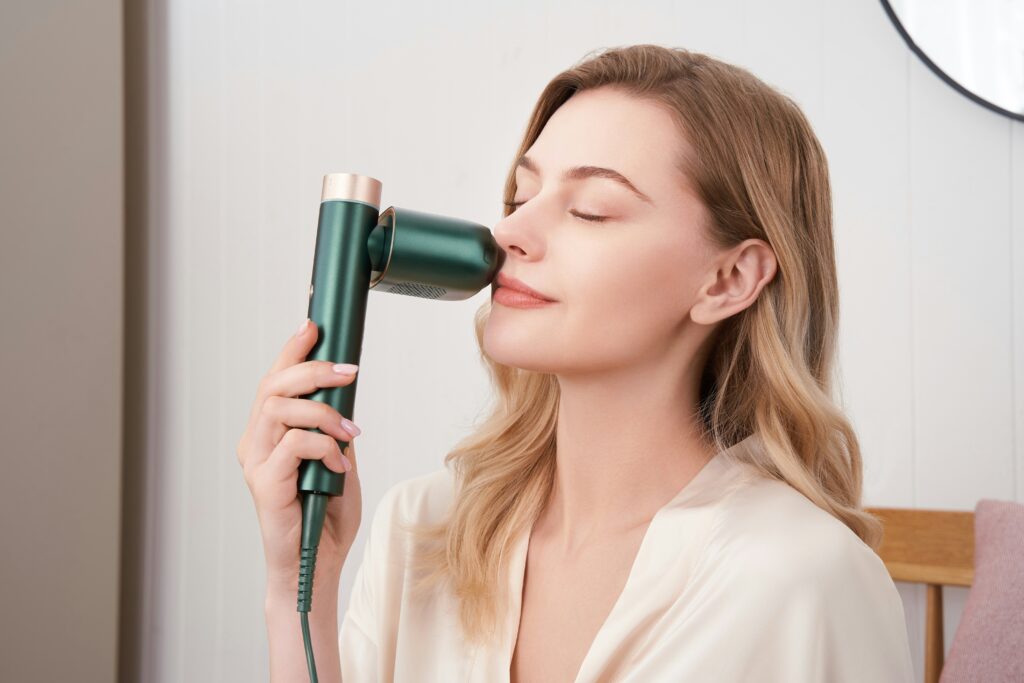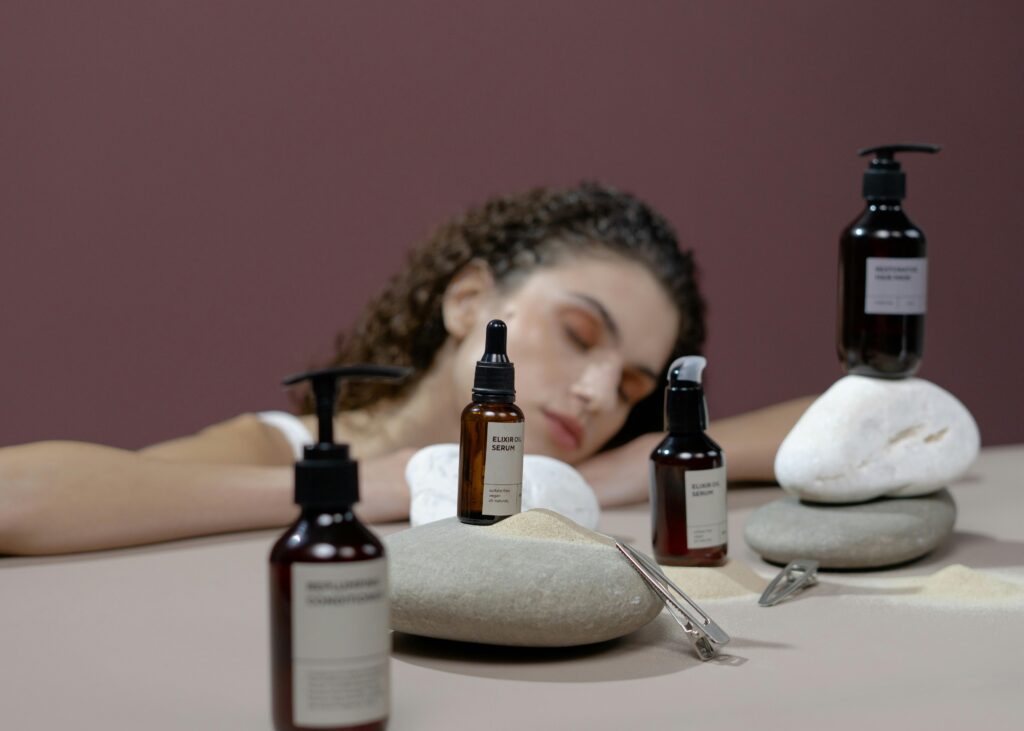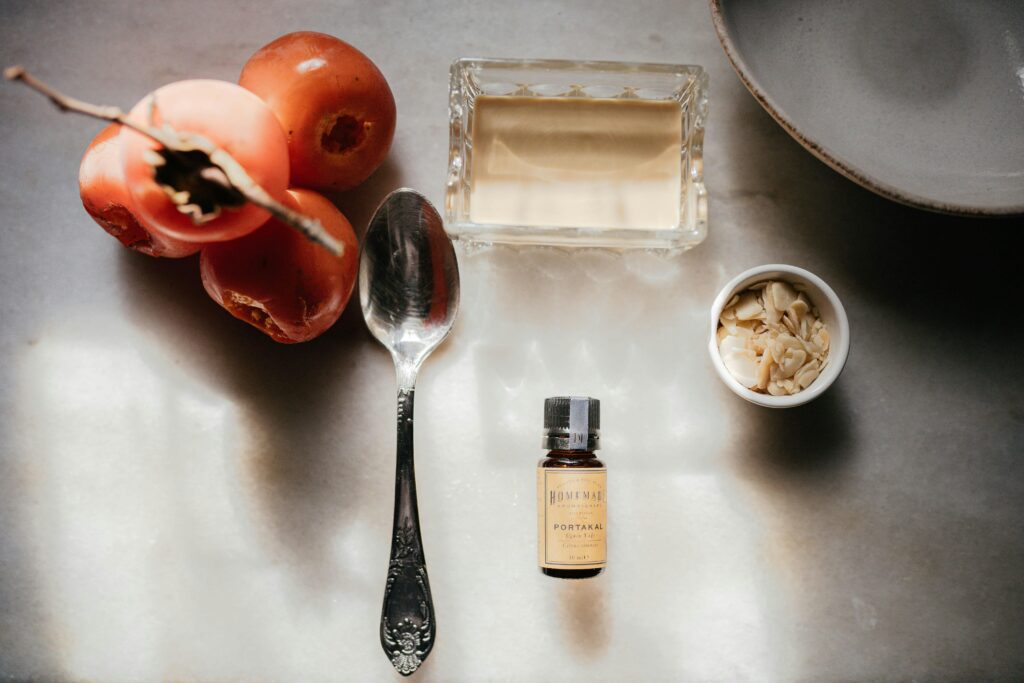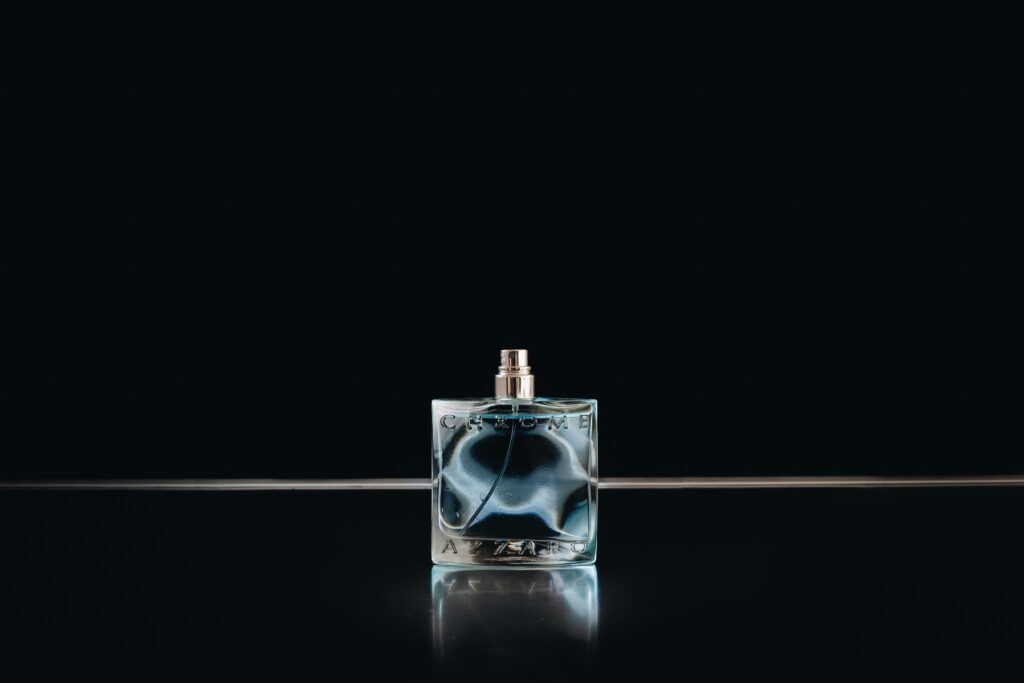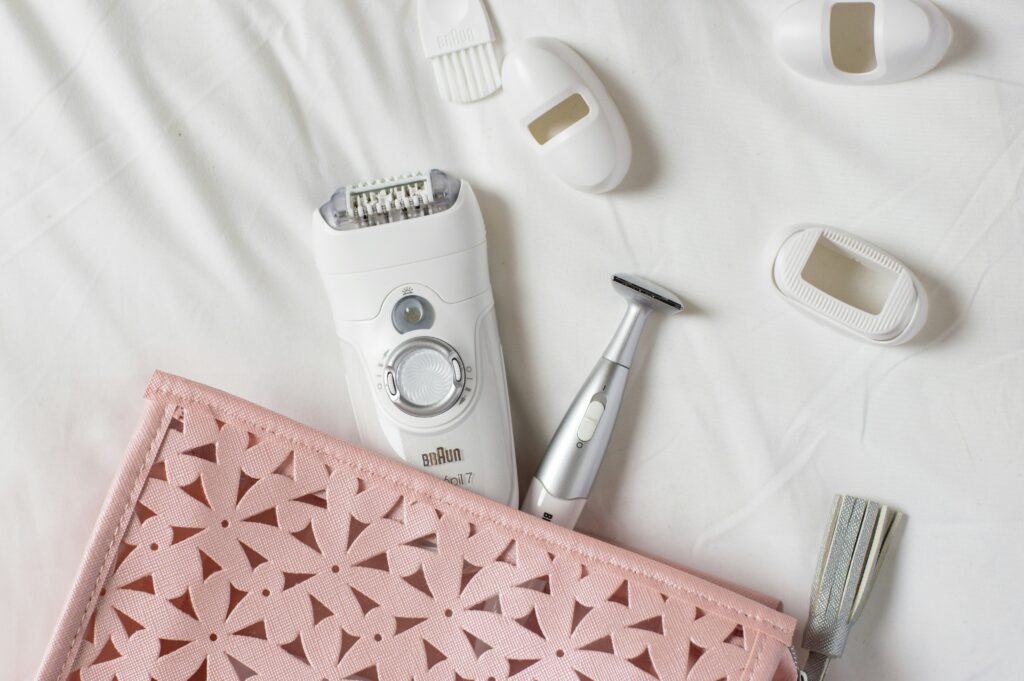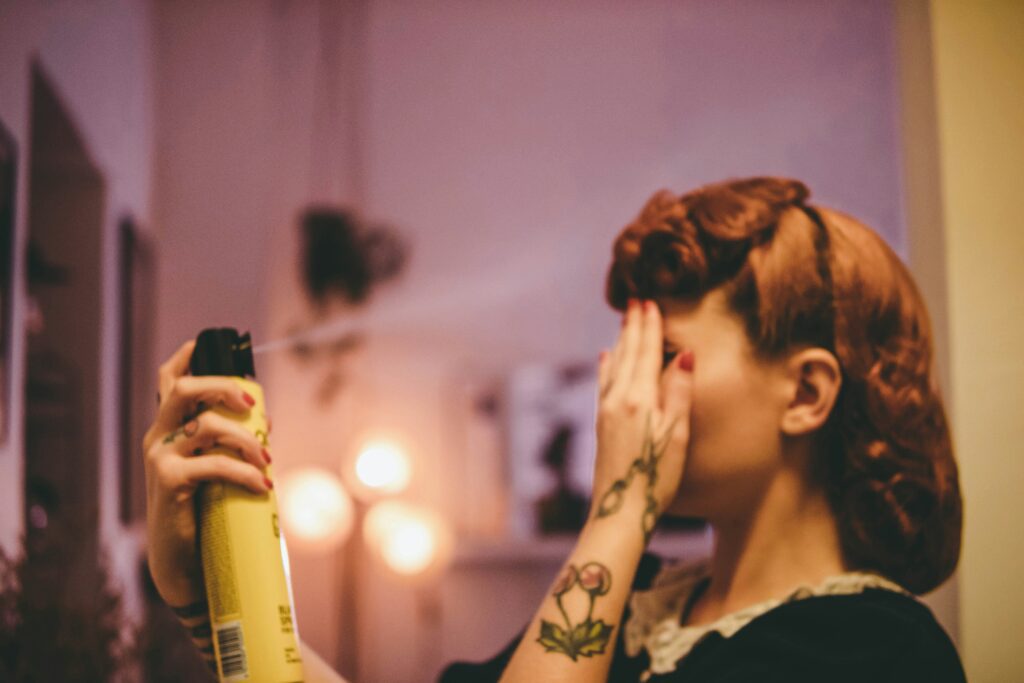Hair care is more than just a routine; it’s a form of self-care. In this article, we’ll delve into the world of shampoo and conditioner, exploring their individual roles and understanding how they work together to give you luscious locks.
Understanding Shampoo
Components and Their Functions
Shampoo is not just a soapy liquid; it’s a carefully crafted blend of ingredients designed to cleanse the hair and scalp effectively. From surfactants to fragrances, each component serves a specific purpose.
How to Choose the Right Shampoo
Choosing the right shampoo is crucial for a successful hair care routine. Factors like hair type, texture, and any specific concerns (such as dandruff or color-treated hair) play a role in determining the most suitable product for you.
Decoding Conditioner
Key Ingredients and Benefits
Conditioner, on the other hand, focuses on moisturizing and nourishing the hair. Ingredients like silicone, proteins, and essential oils contribute to the overall health and appearance of your hair.
Selecting the Ideal Conditioner for Your Hair Type
Not all conditioners are created equal. Understanding your hair type—whether it’s dry, oily, or somewhere in between—helps in selecting a conditioner that addresses your specific needs.
Shampoo vs. Conditioner: The Basics
Primary Functions of Shampoo
Shampoo is primarily responsible for cleansing the hair and scalp, removing dirt, oil, and product build-up. It sets the foundation for a healthy scalp environment.
Primary Functions of Conditioner
Conditioner, on the other hand, works to detangle hair, add moisture, and enhance its overall manageability. It provides a protective layer that seals the hair cuticle, preventing damage.
How They Complement Each Other
While shampoo cleanses, conditioner replenishes. They are like the dynamic duo in your hair care routine, each playing a vital role in maintaining the health and beauty of your hair.
Addressing Common Misconceptions
Myth: Shampooing Strips Hair of Natural Oils
Contrary to popular belief, using the right shampoo won’t strip your hair of its natural oils. In fact, it helps maintain a balanced oil production on the scalp.
Myth: Conditioner Weighs Hair Down
When used appropriately, conditioner doesn’t weigh hair down. It enhances its texture and provides nourishment without compromising volume.
Crafting a Personalized Hair Care Routine
Determining Your Hair Type
Understanding your hair type is the first step in crafting a personalized routine. Whether you have straight, curly, or wavy hair, the products and techniques you use should align with your hair’s unique characteristics.
Tailoring Your Routine to Specific Needs
From addressing frizz to dealing with a dry scalp, tailor your hair care routine to meet specific needs. Personalization is key to achieving the desired results.
Alternatives to Traditional Shampoo and Conditioner
Co-Washing
For those looking to minimize the use of traditional shampoo, co-washing (conditioner-only washing) is a viable alternative. It helps maintain natural oils while keeping the hair clean.
Natural DIY Options
Explore natural alternatives like homemade hair masks and treatments. Ingredients like coconut oil, honey, and aloe vera can work wonders for your hair.
The Impact of Environmental Factors
Choosing Sustainable Hair Care Products
As consumers become more conscious of their environmental impact, the demand for sustainable and eco-friendly hair care products is on the rise.
Eco-Friendly Practices in Hair Care
From reducing water usage to opting for recyclable packaging, there are various eco-friendly practices that both brands and consumers can adopt for a greener approach to hair care.
Trends in the Hair Care Industry
Rise of Clean Beauty in Hair Care
Clean beauty is not limited to skincare; it has made its way into the hair care industry. Consumers are seeking products free from harmful chemicals and embracing natural formulations.
Innovative Ingredients and Formulations
Stay updated on the latest trends in hair care, from unique ingredients like biotin and keratin to innovative formulations that cater to specific hair concerns.
Tips for Healthy and Lustrous Hair
Regular Trims and Styling Techniques
Regular trims prevent split ends and contribute to overall hair health. Embrace styling techniques that minimize heat damage and maintain your hair’s natural vibrancy.
Dietary Habits for Hair Health
Your diet plays a significant role in the health of your hair. Incorporate nutrient-rich foods like fruits, vegetables, and proteins for strong and shiny locks.
Consumer Reviews and Recommendations
Online Platforms for Genuine Feedback
Before making a purchase, explore online platforms for genuine customer reviews. Real experiences can provide valuable insights into the effectiveness of a product.
Considering Peer Experiences
Word of mouth matters. Consider the recommendations of friends or family members who have similar hair types or concerns. Personal experiences can guide you in the right direction.
Navigating Hair Care Challenges
Dealing with Dryness
If you struggle with dry hair, identify the root cause and choose products that address the specific issue. Hydration is key to combating dryness effectively.
Addressing Excessive Oiliness
On the flip side, if your scalp tends to be oily, opt for products designed to control oil production without over-drying the scalp.
Balancing Act: How Much is Too Much?
Frequency of Shampooing
While regular shampooing is essential, excessive washing can strip the hair of natural oils. Find a balance that suits your hair type and lifestyle.
Ideal Conditioner Application
Applying conditioner from mid-length to the ends is typically recommended. Avoid the scalp to prevent product buildup and maintain a balanced level of moisture.
The Evolution of Hair Care Products
Historical Perspective
Hair care practices have evolved throughout history, from ancient remedies to the development of commercial products. Understanding this journey provides context to the products we use today.
Modern Innovations
Explore modern innovations in the hair care industry, from advanced technologies in hair tools to breakthrough formulations that address contemporary concerns.
Conclusion
In the world of hair care, the choice between shampoo and conditioner is not a battle but a harmonious partnership. Understanding their roles and incorporating them into a personalized routine is the key to maintaining healthy, beautiful hair. So, embrace the uniqueness of your locks and treat them with the care they deserve.
Frequently Asked Questions (FAQs)
Q: Can I use conditioner every day?
- A: While it’s generally safe to use conditioner daily, it’s essential to adjust the frequency based on your hair type and needs.
Q: How do I know if I’m using the right shampoo for my hair?
- A: Consider your hair type, texture, and any specific concerns. Experiment with different products to find the one that works best for you.
Q: Are natural DIY hair care alternatives effective?
- A: Natural ingredients like coconut oil and honey can be beneficial, but their effectiveness may vary from person to person.
Q: What is the significance of clean beauty in hair care?
- A: Clean beauty focuses on products free from harmful chemicals, promoting overall health and well-being.
Q: How often should I trim my hair for optimal health?
- A: Regular trims every 6-8 weeks help prevent split ends and maintain healthy hair.
